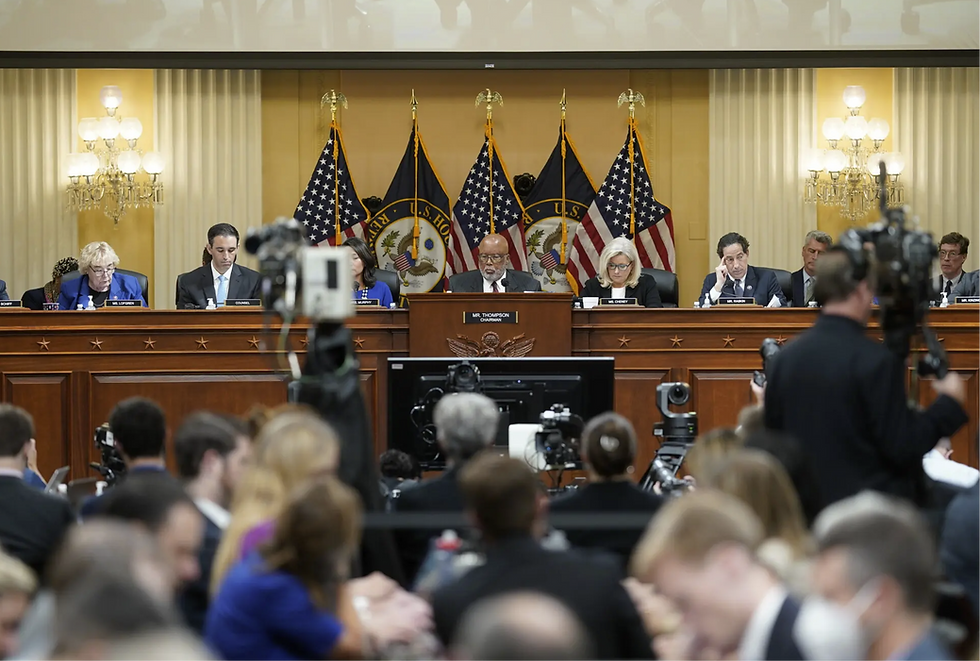Deciphering Legal Jargon: Alex Jones Sues January 6th Committee Over Subpoena
- Prestige Risk Management Team
- Apr 7, 2024
- 2 min read
Alex Jones, a well-known radio host and political commentator, is suing the special committee in Congress that is looking into the January 6th attack on the U.S. Capitol. The committee wants Jones to testify and give them documents about his supposed involvement in the events that led to the Capitol riot, but Jones doesn't want to.
Here are the main points Jones makes in his lawsuit:
The committee wasn't put together properly according to the rules of the House of Representatives, so it doesn't have the legal power to do what it's doing.
The committee is going beyond what it's supposed to do as a legislative body. Instead of trying to make laws, it just wants to expose people's private information for the sake of exposing it.
If Jones has to comply with the committee's demands, it will go against his First Amendment rights to free speech, freedom of the press, and freedom to associate with others.
The committee is asking for way too much personal information, which goes against the Fourth Amendment's protection against unreasonable searches and seizures.
Making Jones testify would force him to go against his Fifth Amendment right not to say anything that could be used against him in court.
Jones also says that the committee sent a subpoena to AT&T asking for his phone and text records, which he believes is against the law.
In the lawsuit, Jones is asking the court to say that the committee is acting unlawfully, to cancel the subpoenas, and to stop the committee from forcing him and AT&T to comply. Jones has two lawyers, Norman Pattis and Cameron Atkinson, who are representing him.
This legal fight shows that there is still a lot of controversy around the January 6th Committee's investigation and how it is trying to get information from people involved in the events, including well-known conservative figures like Alex Jones. What happens with this lawsuit could have a big impact on what the committee is allowed to do and how much power Congress has to investigate people.




Comments